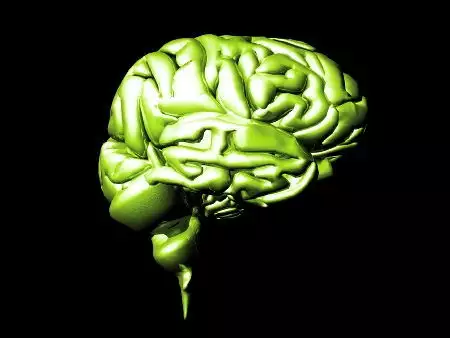Infections taking place in the brain not only produce a wide spectrum of neurological symptoms, but also psychiatric ones.
Exogenous infections are caused by viruses that enter the body usually through the gastrointestinal tract, the respiratory system, the sexual route or directly into the blood stream. Such infections have a two-phase course. In the first period, flu-like symptoms with fever up to 38 ̊C appear, and then the apparent state of health returns to normal.
In the second phase of infection, the temperature rises above 38 ̊C and nervous system abnormalities appear, similar to those that develop in purulent brain infections.
Invasive diseases
Invasive diseases include toxoplasmosis, malaria and hornworms.
Invasive diseases are relatively rare, usually affecting people who have travelled to tropical countries. Characteristic symptoms include: spastic paralysis of the limbs, respiratory and circulatory distress, and coma and problems maintaining consciousness.

photo ojoimages
In the case of worms, symptoms depend on the location of the brain lesions. They mainly cause epileptic seizures, cranial nerve palsies, impaired consciousness, muscle pain, petechiae on the upper and lower limbs and cerebellar ataxia.
Chronic viral infections - Acquired immunodeficiency syndrome (AIDS)
The most common neurological and psychiatric symptoms found are motor and cognitive impairment. The peripheral nervous system is also infected.
Dementia occurs in approximately 20% of HIV-infected people. Neurological and psychiatric problems may be primary, resulting from encephalitis, or secondary, usually resulting from opportunistic infections or neoplastic processes developing in the course of immunosuppression. They are usually viral, fungal, protozoan and, less commonly, bacterial infections.









